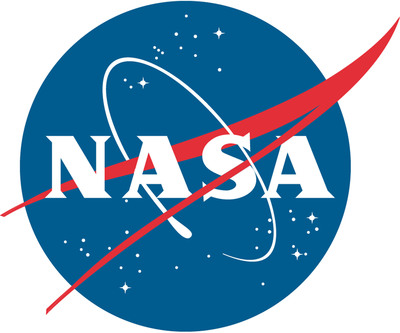
Managers from NASA and United Launch Alliance gave a "go" to proceed with the launch following completion of minor repairs to the Delta II rocket. During inspections following the Thursday launch attempt, minor "debonds" to the booster insulation were identified. A standard repair was implemented.
Weather forecasters are predicting a 100 percent chance of favorable conditions for launch.
SMAP will provide high-resolution, space-based measurements of soil moisture and its state -- frozen or thawed -- a new capability that will allow scientists to better predict natural hazards of extreme weather, climate change, floods and droughts, and help reduce uncertainties in our understanding of Earth's water, energy and carbon cycles.
The mission will map the entire globe every two to three days for at least three years and provide the most accurate and highest-resolution maps of soil moisture ever obtained. The spacecraft's final circular polar orbit will be 426 miles (685 kilometers), at an inclination of 98.1 degrees. The spacecraft will orbit Earth once every 98.5 minutes and repeat the same ground track every eight days.
For an updated schedule of prelaunch briefings, events and NASA TV coverage, visit:
For in-depth prelaunch, countdown and launch day coverage of the liftoff of SMAP aboard the Delta II rocket, go to:
For NASA TV schedules and video streaming information, visit:
For more information about the SMAP mission, visit:
Logo - http://photos.prnewswire.com/prnh/20081007/38461LOGO
To view the original version on PR Newswire, visit: http://www.prnewswire.com/news-releases/launch-of-nasa-soil-moisture-mapping-mission-set-for-saturday-300028769.html
SOURCE NASA
| Contact: |
| NASA
Steve Cole / Joshua Buck, Headquarters, Washington, 202-358-0918 / 202-358-1100 Email Contact / Email Contact George H. Diller, Kennedy Space Center, Fla., 321-867-2468 Email Contact Alan Buis, Jet Propulsion Laboratory, Pasadena, Calif., 818-354-0474 Email Contact Web: http://www.nasa.gov |








